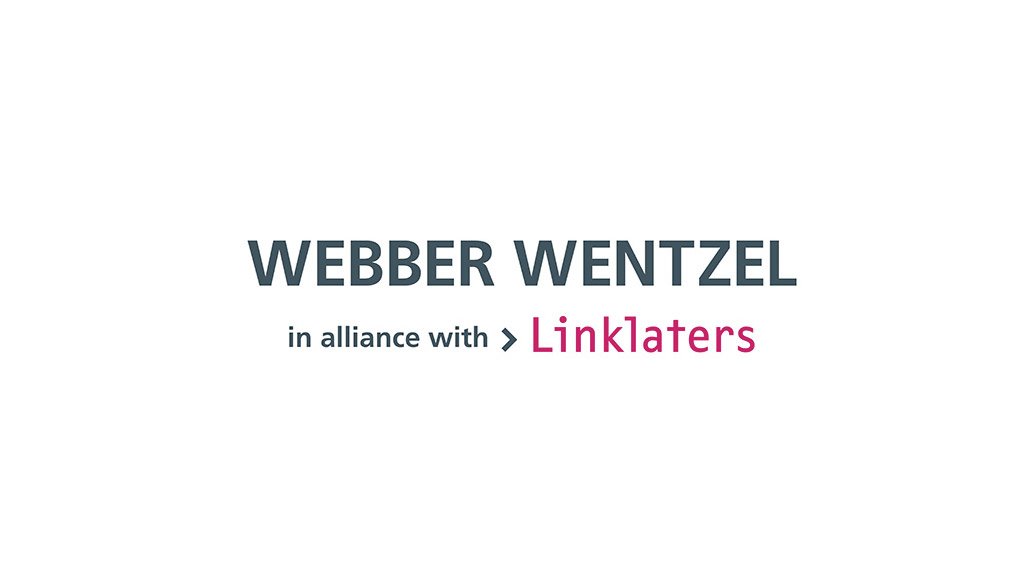Webber Wentzel is encouraging its clients to use its technology tools and capability to progress and resolve disputes during the Covid-19 lockdown, rather than postpone matters indefinitely.
Webber Wentzel's legal technology roadmap started many years ago, placing it in a strong position to run client disputes effectively and efficiently in the digital arena. The Covid-19 pandemic has brought us into that era more quickly, but there is a lot to embrace in this new terrain.
On 24 March 2020, Chief Justice Mogoeng Mogoeng limited access to South African courts to urgent matters, as well as those involving bail applications, maintenance, domestic violence and children, for the duration of the lockdown period. By extension, courts may also hear challenges to the validity or constitutionality of the lockdown measures instituted by the president under the Disaster Management Act.
However, for matters falling outside of the applicable regulations, there are alternative solutions. Alternative dispute resolution measures like mediation and arbitration are conducted by way of agreement between the parties, who may also agree to the applicable processes and timelines. In present circumstances, parties could specifically agree that the legal processes in preparation for, and the eventual hearing of the matter in dispute, will be conducted electronically. This agreement would also cater for the much-debated topic of remote examination of witnesses.
Legal representatives can consult via voice or video conferences, with documents and information being exchanged using email and virtual platforms (such as OneDrive).
Megan Jackson, Webber Wentzel’s legal services innovation manager, says, "Webber Wentzel started work on its legal technology roadmap three years ago, which has prepared it for the shift to remote delivery of legal services. At the time, our legal technology platforms were already web-based and accessible remotely. To facilitate a complete move towards seamless remote working, we developed end-to-end processes and modified some existing processes to ensure they were fully compatible with remote working. Our lawyers have access to a full suite of project management, matter management and collaboration tools including MS Teams, Webber Wentzel Collaborate (powered by HighQ), Smartsheet and Clocktimizer. These tools are also well suited and being tested to run remote hearings for our dispute resolutions specialists"
Priyesh Daya, dispute resolution expert at Webber Wentzel, says: “We have found such value in these tools – we have to date done incredible collaborative work on due diligence reviews using these tools; we have also been able to co-ordinate large class actions involving cross border teams using budget tracking, task allocation, alert and data room functionality. We are now exploring implementing remote hearings to help our clients resolve current, and future disputes easily, without delay, and without breaching our important social distancing and other measures in place as a country to help flatten the curve."
Herewith a video (click here) of a mock arbitration hearing, where the arbitrator was seated in Lisbon (Portugal), which showcases a hint of the potential for the Microsoft Teams capability to host civil adjudication, mediation and arbitration hearings.
Webber Wentzel urges its clients to discuss with their legal representatives how the lockdown may affect their disputes and what alternative arrangements may, as a result, be available to resolve them.
Written by Paula Youens from Webber Wentzel
EMAIL THIS ARTICLE SAVE THIS ARTICLE ARTICLE ENQUIRY
To subscribe email subscriptions@creamermedia.co.za or click here
To advertise email advertising@creamermedia.co.za or click here











